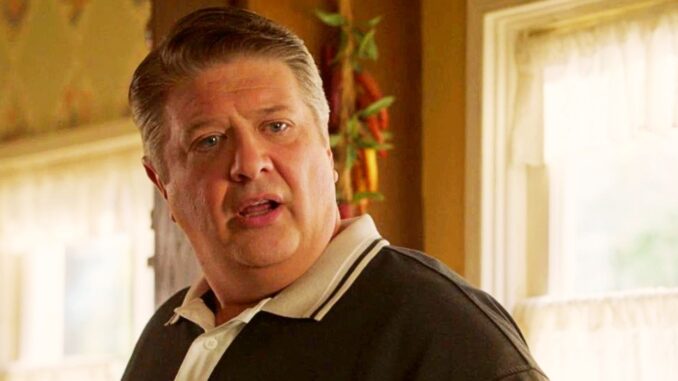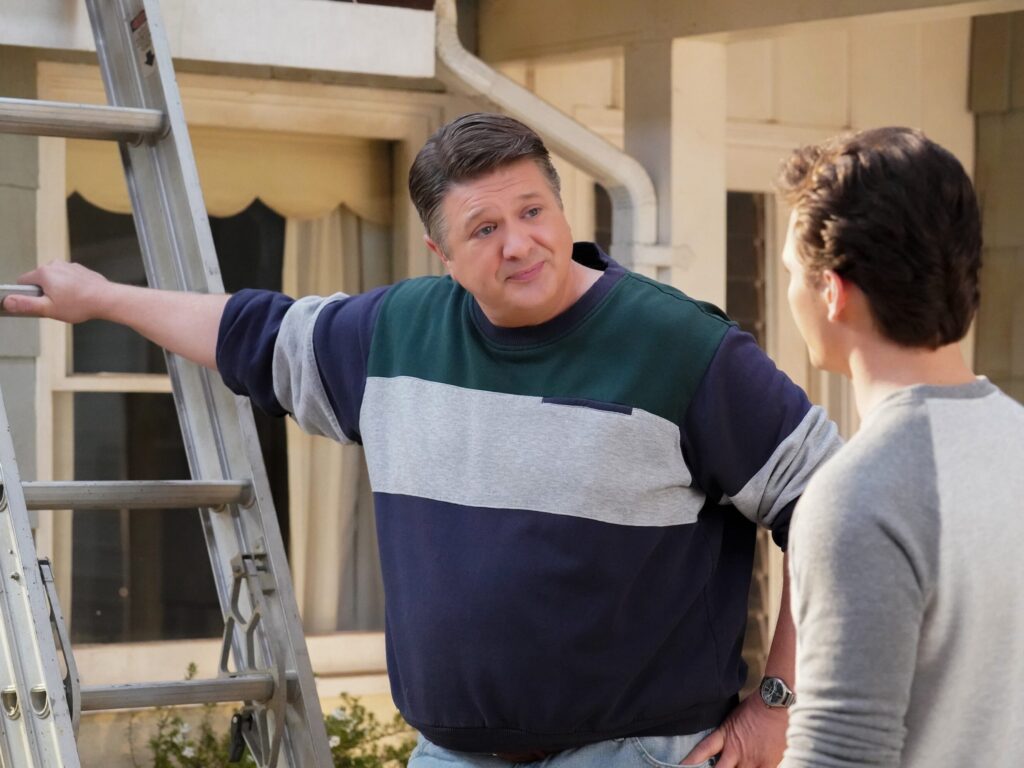
Young Sheldon, the Big Bang Theory spinoff that ran for seven seasons, started as a lighthearted sitcom but evolved into a heartfelt series thanks to its exploration of the Cooper family’s complexities. Among its most poignant moments was the death of George Cooper Sr. (Lance Barber), a tragedy foreshadowed in The Big Bang Theory. Yet, Chuck Lorre, creator of both series, has expressed regret about establishing George Sr.’s fate in The Big Bang Theory—a decision that shaped Young Sheldon in unexpected ways.
George Sr.: The Retcon That Changed Everything
In The Big Bang Theory, Sheldon (Jim Parsons) described his father as an irresponsible drunk who neglected his family and cheated on his wife. These details painted George Sr. as a flawed, unsympathetic character. However, Young Sheldon reimagined him as a deeply loving and kind father who struggled to connect with his genius son but consistently tried to do his best.
This portrayal created a significant discrepancy between the two shows, forcing Young Sheldon to retcon parts of Sheldon’s backstory. As co-showrunner Steve Holland explained, “You have to give these shows room to grow and become their own thing.” Lance Barber’s heartfelt portrayal of George Sr. made him one of the most beloved characters on the show, further complicating the necessity of his canon death.
The Emotional Weight of George Sr.’s Death
In Season 7 of Young Sheldon, the inevitable happened: George Sr. passed away, marking the series’ conclusion. The episode “Funeral” brought the tragedy to life, leaving viewers and cast members alike emotional. Lorre acknowledged this impact in a reflective vanity card following the episode:
“Eighteen years ago, when we were writing The Big Bang Theory, it seemed like a good idea to imagine that Sheldon’s childhood was deeply disrupted by the loss of his father. No one could have thought that someday we would regret that decision. That someday is now.”

Lorre admitted that George Sr.’s death was a difficult narrative choice, but it ultimately gave Young Sheldon a depth and gravitas uncommon in network sitcoms.
Differing Perspectives Among the Creators
While Lorre expressed regret, Young Sheldon showrunners Steve Molaro and Steve Holland viewed the storyline as essential. In an interview with Glamour, Molaro said, “I don’t regret that it’s happening. It’s a strong ending and a part of life.” Holland echoed this sentiment, emphasizing that the death provided a sense of emotional closure and framed Sheldon’s adult outlook.
The creative team acknowledged the incongruence between George Sr.’s portrayal in the two shows but defended the changes. “As the show went on, Lance brought so much to the character,” Holland said. “It would’ve felt wrong for the character and the show to force it into something else.”
A Legacy of Emotional Storytelling
Despite the regret, George Sr.’s death became a defining moment for Young Sheldon. It transformed the series from a lighthearted sitcom into a nuanced family drama that dared to tackle grief, loss, and legacy. The tragedy set Young Sheldon apart from other sitcoms, earning its final season praise for its bold storytelling.
In the end, George Sr.’s death wasn’t just a narrative device—it became a reflection of life’s unpredictability and the impact of our memories on how we perceive others. Through this bittersweet conclusion, Young Sheldon ensured its place as a standout spinoff, resonating with audiences in ways that extended beyond its comedic roots.